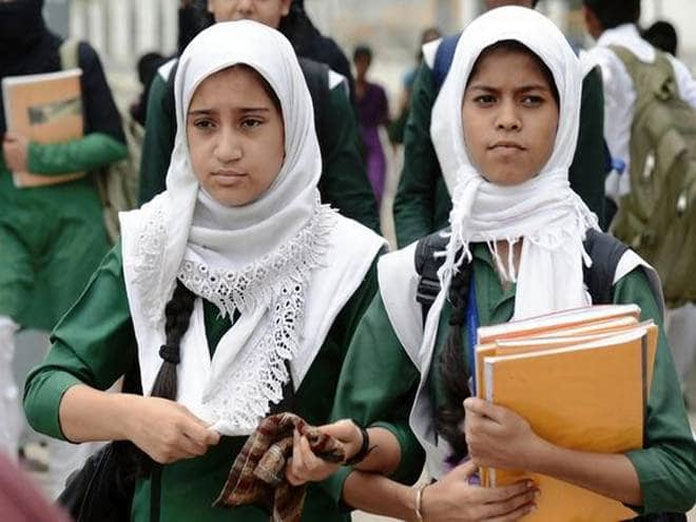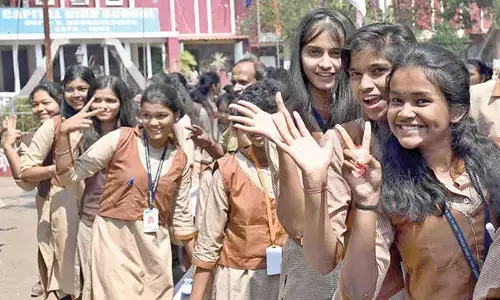Muslims suffer from poverty & illiteracy in Hyderabad

G Sudhir, IAS Retd, Chairman, Commission of Inquiry on SocioEconomic and Educational Condition of Muslims, Telangana, and its members MA Bari, Professor Amir Ullah Khan, and Professor Abdul Shaban addressed the officers at Dr MCR HRD Institute who were attending a training programme on Awareness of Minority Issues and Their Development
Hyderabad: G Sudhir, IAS (Retd), Chairman, Commission of Inquiry on Socio-Economic and Educational Condition of Muslims, Telangana, and its members MA Bari, Professor Amir Ullah Khan, and Professor Abdul Shaban addressed the officers at Dr MCR HRD Institute who were attending a training programme on “Awareness of Minority Issues and Their Development”.
Addressing the participants, Sudhir said the statewide survey conducted by the Commission showed that the level of backwardness among Muslims in the State was characterized by low levels of educational attainments, poor representation in government employment, lack of access to formal credit, and extremely poor living conditions. He also said the report submitted by the Commission highlighted the need for setting up an Equal Opportunities Commission to supervise appointments, training, and development programmes for implementation of diversity indicators as per the suggestions of Sachar and Kundu Committees.
MA Bari explained that the Commission had made extensive studies to recommend inclusion of some communities among Muslims in Scheduled Castes for extending reservation. Prof Amir Ullah Khan talked about the need for creating a start-up fund for small traders among Muslims and the introduction of cashless system in scholarships on the lines of the system being implemented for SC, ST students. He explained that the report particularly highlighted the need for increasing the number of women beneficiaries in government welfare programmes and schemes. Prof Abdul Shaban explained that the government should take steps for filling vacancies of Urdu language teacher posts and initiate effective measures for implementing Urdu as the second official language.
BP Acharya, IAS, Special Chief Secretary, DG, Dr MCR HRD Institute, said the training programmes on minorities and other vulnerable sections will be greatly instrumental in sensitizing the officers about the specific needs of poorer sections, developing empathy on their part, empowering them to deliver different services with a human touch, and thereby making development and governance inclusive. “An important aspect of the training programmes is to provide the participants with technological tools and methodological skills to evaluate the impact of different schemes and undertake mid-course corrections”’, he added. Acharya presented mementoes to G Sudhir, MA Bari, Professor Abdul Shaban, and Professor Amirullah Khan.




